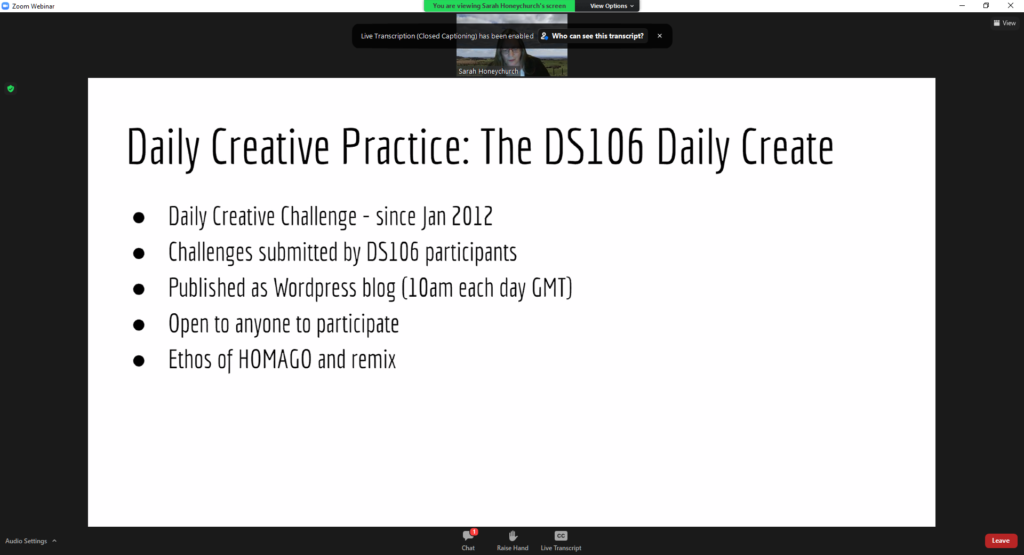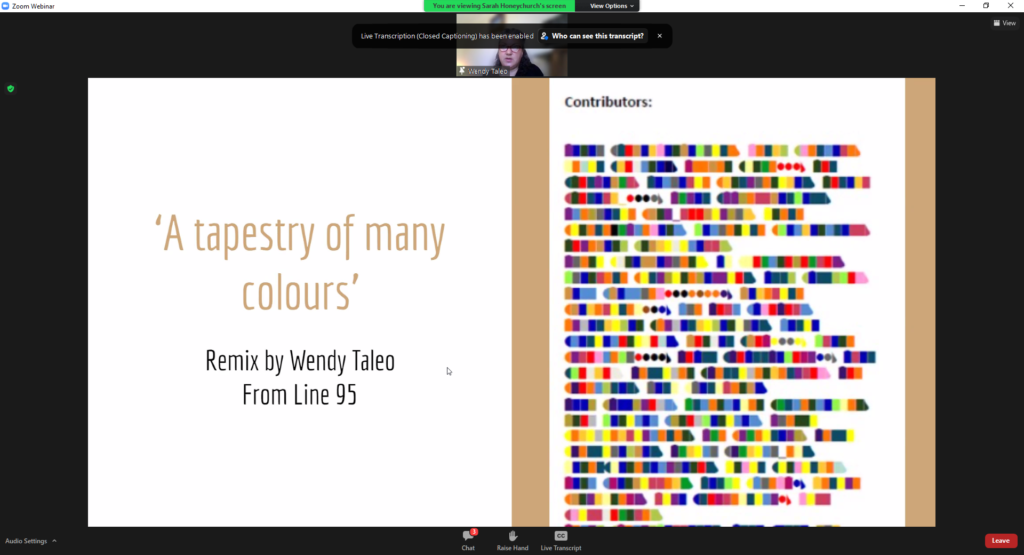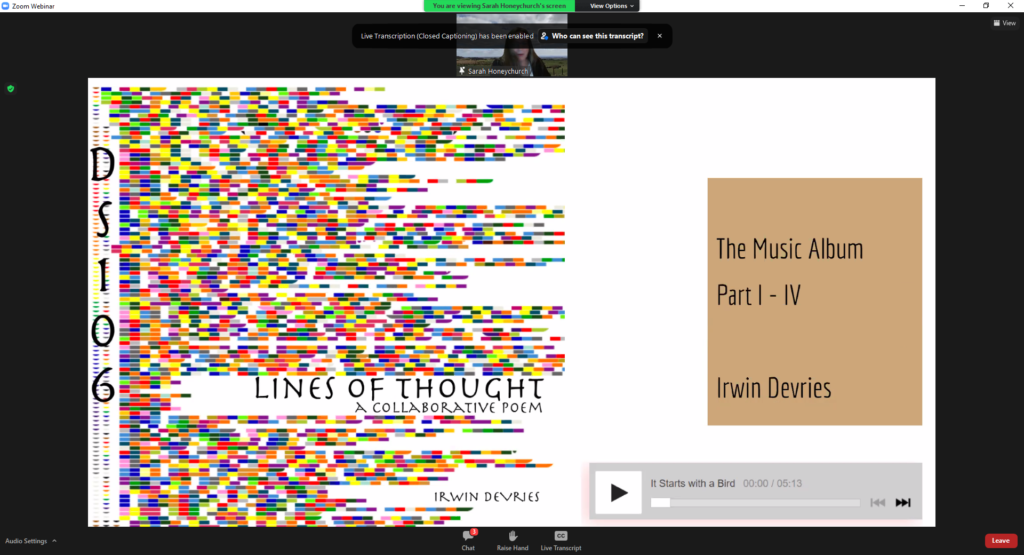First published in Campus Morning Mail on Tuesday 30th November 2021
Edtech people weekend challenge – Twitter discussion
I found this stimulating discussion started by @BenPatrickWill on the weekend. “If you (hypothetically) had 15 mins to address your university senior managers about the future of edtech, and it was your best chance to bring in some critical perspectives, what would you highlight?” If you’re a leader, and you ever wondered… (Or if you ever wondered what you’d say if you were trapped in a lift with them)
How to hold a better class discussion from The Chronicle of Higher Education
Class discussions can be a lottery – one day everyone is excited and engaged and the next, you struggle to extract one-word responses. Jay Howard shares some invaluable practical advice in this piece that draws on 30 years of research. Some top tips – put the work back onto the learners, ask more complex questions that support creativity, encourage students to call out great ideas from their peers.
Why aren’t Professors taught to teach? from Tech & Learning
The fact that I thought twice about sharing this piece, which is fairly inoffensive in itself, says something about the politics around this in Higher Education. Institutions do, of course, offer a range of services and specialists that provide support to academics in teaching and ed tech – this is part of the work that I do and this is my community. This article asks the questions that I’ve been hearing a lot recently – are we doing enough and where do we go next?
Pedagogy for Higher Education Large Classes (PHELC) 2021 proceedings from PHELC (Open Access)
One of the areas where pedagogy/andragogy and technology enhanced learning veers dramatically away from K-12 learning is when it comes to large classes. The PHELC21 symposium was held in June and the full proceedings are now available. This collection of papers includes work on engagement, course redesign, problem-based learning at scale and drawing classes.

















